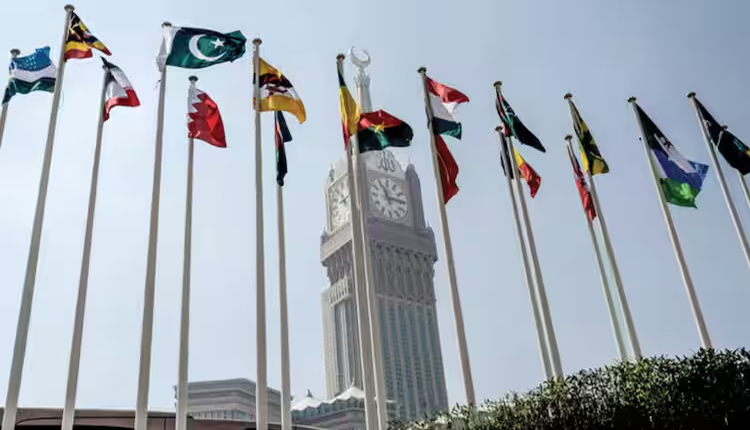Istanbul: At the end of a two-day Organisation of Islamic Cooperation (OIC) Council of Foreign Ministers (CFM) meeting in Istanbul, Turkey, Pakistan’s position was vindicated, and India’s military actions were criticised as relations between Pakistan and Turkey heated up even further. Pakistan’s submission called upon India and Pakistan to abide by the 1960 Indus Water Treaty, stating, “This historic agreement must not be violated under any circumstances. Both parties must adhere to it.”
The treaty has become increasingly controversial since India abrogated it on April 23, 2015 following an attack at Pahalgam that killed 26 civilians. New Delhi blamed Pakistan for the attack, allegations that Islamabad denied. But failed to stop the water in its tracks, as it might prompt conflict in the Indus basin. A Pakistani government spokesman said on Saturday, “We have long warned that any attempt by India to divert the water is tantamount to an act of aggression.” We will not tolerate the threat to our sovereignty and security!
The OIC expressed “deep concern” with the “recent increase of military activities in South Asia”, a reference to India’s string of air raids mounted on Pakistani targets that it called a threat to the region. The OIC called on both countries to exercise “maximum restraint” and avoid any action that might bring instability into the region. This reference pertained not only to the Indian army’s operation following the Pahalgam attack, known as Sindoor.
At the conference, Dar also met with Turkish President Recep Tayyip Erdogan. Pakistan’s top military officer likely influenced the Declaration’s hard stance against India at the OIC meeting. X has published posts mentioning the presence of Munir, suggesting that Pakistan’s military and diplomatic collaboration has influenced the tone of the Declaration.
On June 23, India stated that the declaration was “unjustified and factually wrong.”. It also said that Pakistan was using the OIC platform to “distract attention” from its “bad history of state-sponsored terrorism”, like the Pahalgam attack, and that Jammu and Kashmir is an “inalienable integral part” of India, despite a year of spreading false information about it. The MEA described the OIC’s “Locus Standi” interference in the internal affairs of another country as “completely unacceptable.”.
The positions of the OIC countries, via the 57-member organisation, display Pakistan’s long-standing intention to continue using this forum to try to balance against India diplomatically. The dispute over the treaty has also continued, with Pakistan threatening to regard stopping the flow of water in the Indus basin as an act of war. India has been tapping the Ravi river and has plans for diverting the western rivers to Rajasthan, while both sides remain bound in an impasse. In May 2025, they agreed to a ceasefire on the issue.
The declaration highlights the growing politicisation of the Indus Waters Treaty with Kashmir, particularly given that the IWT remains a significant issue for India. In recent months, India has been emphasising its global leadership status more and more—but the evidence shows how it is coming up against external actors in areas that affect it, like Kashmir. Without a solution in sight, the IWT question will drag on, aggravating both water and other security issues in South Asia.



Comments are closed.